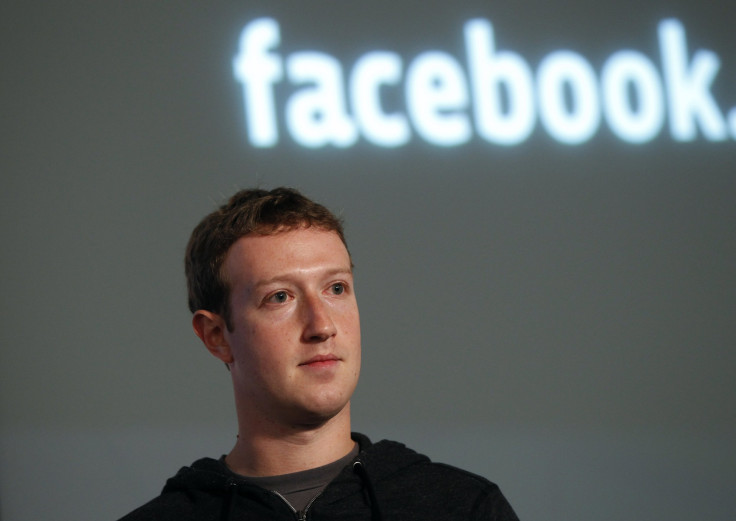Facebook Expands Internet.org Following Developers' Criticism

Facebook announced Monday that more developers will now be able to create their own mobile content for Internet.org, the project that aims to provide free Internet to still-developing countries. The project has come under scrutiny of late because of concerns that Facebook, the biggest Internet.org backer, favors some apps and services over others.
Facebook CEO Mark Zuckerberg announced the change in a video, saying that the initial choice to offer only certain services was made out of necessity and that it is “not sustainable to offer the whole Internet for free.” Zuckerberg deemed Internet connectivity a human right upon Internet.org's launch, but the service has since been described as a way for Facebook to log poor populations of the world onto its own services, not the Internet as a whole. Zuckerberg's remarks Monday seem to indicate that period is over, with the Facebook founder announcing any company may join as long as it meets certain criteria.
“We had to start somewhere, so we launched first with partners who wanted to work with us on this mission to connect the world,” he said. “But we'll work with anyone who wants to join us. ... Soon we're going to share an open technical spec, and any compatible service will be available through Internet.org across the whole world. This will give people even more choice and more free services.”
To join Internet.org, sites and services must not be data intensive -- meaning video, voice and video chats and high-definition photos are all prohibited. They also must be able to run on powerful smartphones as well as more affordable features phones. And they should encourage users to “discover the entire wealth of online services, and ultimately become paying users of the Internet.”
© Copyright IBTimes 2024. All rights reserved.





















